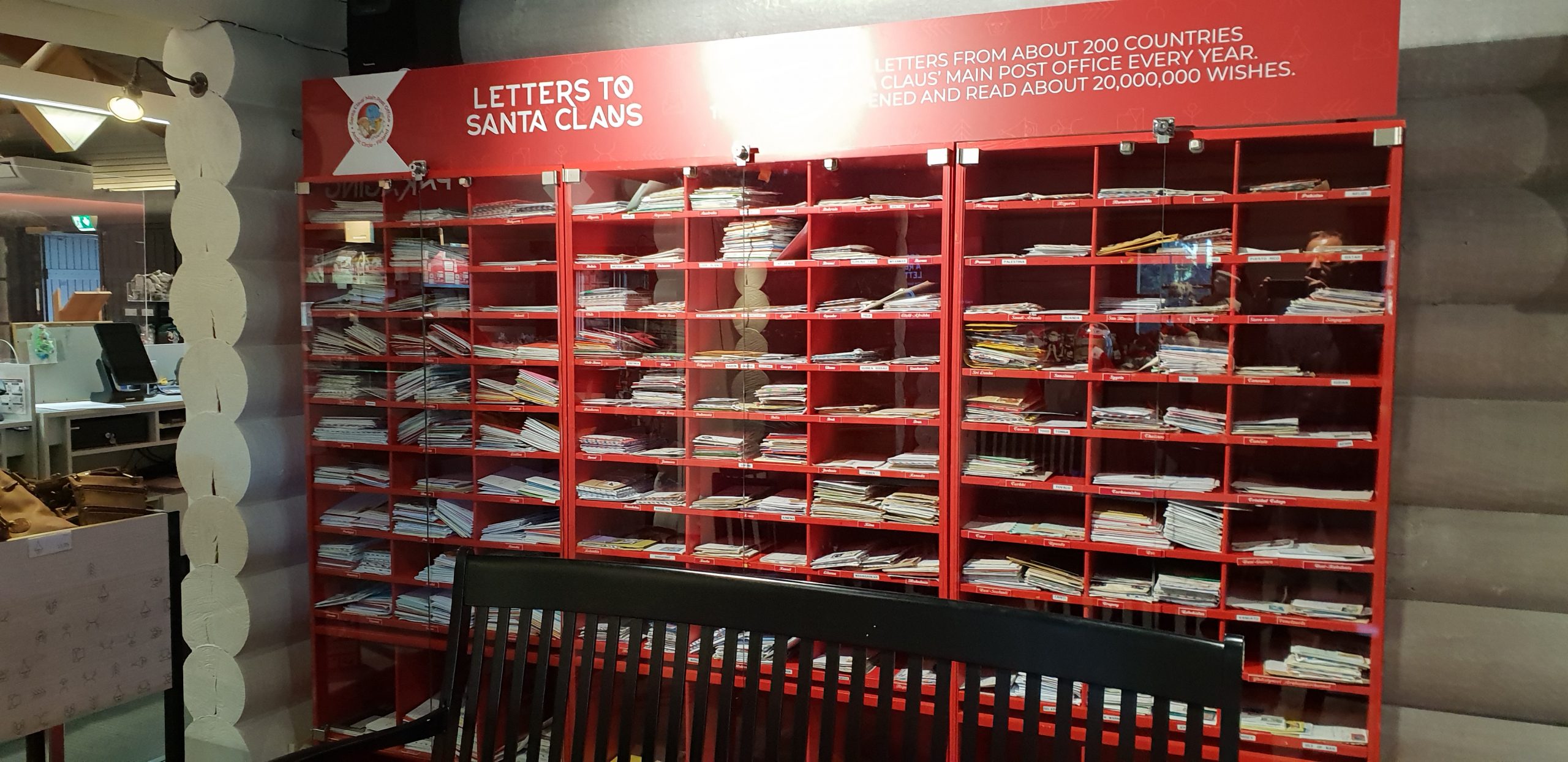Let There Be Light
This is the season of warmth and joy. So why does my family feel under attack?
Carl Yonker

It’s the most wonderful time of the year again – Hannukah and Christmas in our interfaith home.
Last week, we hosted a small group of kids from my son’s first-grade class to make levivot (latkes) and hannukiyot. Yet, he mostly wanted to talk about Christmas, his Lego Star Wars Advent calendar, and what he had asked Santa to bring him.
Some of his friends don’t understand why he keeps talking endlessly about Santa.
As his parents, we indulge him since it brings him such joy.
We take some comfort in the famous Friends episode, where Ross Geller tried and failed to make his son care about the Maccabim instead of Santa.
Between the two holidays, there is no contest for kids.
Christmas holds an unmatched place in his imagination, and his anticipation has been building for months – he wrote his letter to Santa in June and mailed it in October.
As I wrote last year (Perspectives No. 8), we are a family with a shared identity. We raise our boys with affection and respect for two traditions, Jewish and Christian.
To negate one of the religions would be unfair. It would deprive our boys of a heritage that gives them meaning and connects them to loved ones.
As they mature, my sons will begin to shape their own identities.
Israel is our home, and as their father, I increasingly worry as I consider the challenges they may encounter doing so in the coming years as debates over Jewish identity intensify.
The resolution of these debates – centered on the question of “who is a Jew” – will have profound and far-reaching consequences.
Current social and political trends don’t leave me with much optimism.
Fears that Israel is losing its Jewish identity helped propel the Israeli right to victory in last month’s election and are at the core of ongoing coalition negotiations.
These fears are unfounded.
The country’s Jewish identity and character are enshrined in legislation, most recently bolstered by the Nation-State Law stipulating Israel is the nation-state of the Jewish people, among other things. The country’s Jewish majority is solid.
Yet, the voters and leaderships of each would-be coalition partner – Shas, United Torah Judaism, Religious Zionism, and Otzma Yehudit – believe otherwise. Their rhetoric and demands made in coalition negotiations reflect that they have a problem with my family.
MK Avi Maoz of the far-right Noam party (part of Religious Zionism), who is anything but gentle, secured the position of deputy minister and oversight over the education curriculum.
In the spirit of the season, he accused pluralistic education of “harming Judaism” by “spreading darkness” – darkness being secular progressive and liberal ideas. He vowed to “expel the darkness.”
Maoz also managed to secure the creation of a Jewish Identity bureau within the Prime Minister’s Office. What the bureau will actually do is anyone’s guess, but its very creation reveals the centrality of the issue and the depth of (apparent) concern.
The most egregious demand made by Netanyahu’s would-be partners is to revoke the “grandchild clause” in the Law of Return and restrict the immigration of people with a Jewish grandparent, or who have converted to Judaism in ways that displease them.
Abolishing the “grandchild clause” would significantly impact immigration from the former Soviet Union – from Russia, Ukraine, and elsewhere.
According to the most recent Survey on Religion and State conducted by The Israel Democracy Institute, 98% of ultra-Orthodox and 95% of National Religious do not consider someone with a Jewish father and a non-Jewish mother to be Jewish, compared to 50% of secular Jews.
The religious political parties are attempting to set a rigid definition of what is Judaism and who is a Jew. Who and what belong here, who and what do not.
For them, there needs to be a clear separation of spaces between Jewish (as they define it) and non-Jewish identities. The two cannot coexist.
My family feels under attack.
We feel that in the new Israel that is emerging, there will be no space for shared identity.
We fear there will be no place for interfaith families like ours. No place for bad Jews like my sons, who celebrate Christmas and Hannukah.
